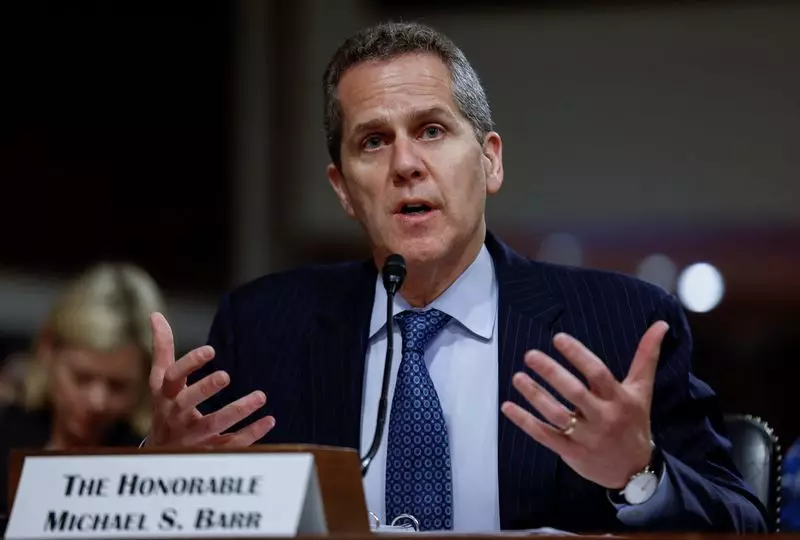The U.S. inflation data for the first months of 2024 has been described as “disappointing” by Fed vice chair for supervision Michael Barr. The inflation readings in the first quarter of the year did not meet expectations and did not provide the necessary confidence to support easing monetary policy. This lackluster performance in inflation indicators has left the central bank in a challenging position in terms of implementing policy changes to address economic conditions.
According to Barr’s remarks at an Atlanta Federal Reserve conference on financial markets, the Fed is struggling to find the evidence needed to justify easing monetary policy. Despite the disappointing inflation data, Barr emphasized the need to allow the current restrictive policy more time to have an impact. This indicates a cautious approach to rate cuts, as the central bank waits for clearer signs that inflation will return to the target of 2%. The upcoming data release for April will likely be closely monitored to assess the trajectory of inflation and inform future policy decisions.
While acknowledging the challenges posed by the subdued inflation data, Barr also highlighted the overall strength of the economy. He noted solid growth and low unemployment as positive indicators of economic health. However, he remained cautious about the risks to achieving the Fed’s dual mandate of stable prices and maximum employment. The central bank’s upcoming meeting in June will be a key event to watch for any potential shifts in policy stance based on the evolving economic conditions.
Overall, Barr’s assessment of the current economic situation reflects the complex interplay of factors influencing monetary policy decisions. The disappointing inflation data underscores the challenges faced by the Fed in balancing its objectives of price stability and full employment. As the central bank navigates these uncertainties, it is essential to adopt a prudent approach to policy changes and closely monitor incoming data to inform future decisions.


Leave a Reply